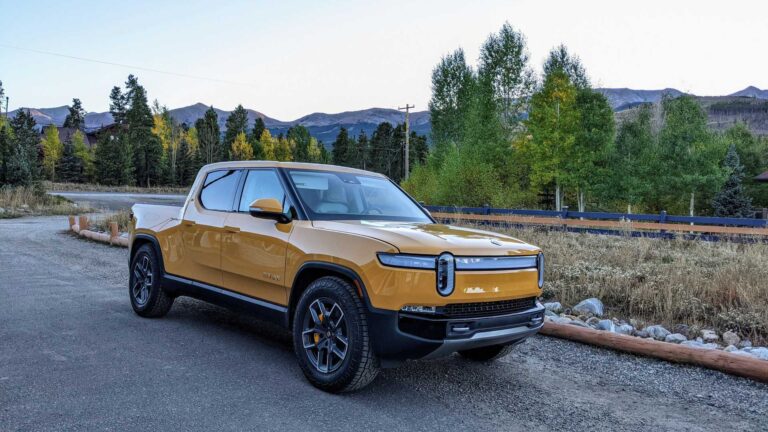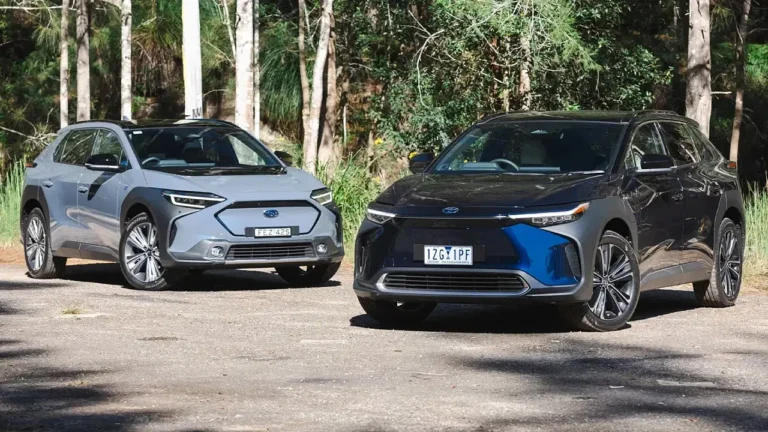Toyota has once again claimed the title of the world’s best-selling automaker, delivering 10.8 million vehicles globally in 2024.
This achievement marks Toyota’s fifth consecutive year at the top, despite experiencing a 3.7% decline in total group sales.
The downturn was primarily influenced by domestic challenges, particularly governance issues in Japan related to certification test procedures, notably affecting its Daihatsu subsidiary.
Toyota’s Continued Market Leadership
The controversy led to a sharp decline in local demand, contributing to a 1.4% drop in Toyota’s parent-only vehicle sales, which include its core Toyota and Lexus brands.
Toyota Stays Ahead of Volkswagen Group
Despite the overall decline, Toyota maintained a significant lead over its closest competitor, Volkswagen Group.
The German automaker faced a 2.3% dip in global sales, delivering just over 9 million vehicles in 2024, as it grappled with cost-cutting measures and an intense price war in China.

Even amid growing competition, Toyota’s hybrid-focused strategy remains a key strength. Models like the RAV4 Hybrid continue to drive strong sales in key markets, including New Zealand and the United States.
Toyota’s ability to balance internal combustion engine (ICE) vehicles with electrification provides consumers with a practical transition option, reinforcing its market dominance.
Toyota’s Success in New Zealand
Despite global sales challenges, Toyota continued its reign in New Zealand, securing its position as the country’s best-selling car brand for the 37th consecutive year.
The Toyota RAV4 remained the nation’s top-selling passenger vehicle, with other hybrid models like the C-HR and Hilux also delivering impressive results.
Toyota New Zealand’s focus on hybrid and electrified models aligns with a broader global trend, as hybrids accounted for a record 40.8% of Toyota’s total parent-brand sales in 2024.
New Zealand consumers have increasingly embraced low-emission vehicles, and Toyota’s hybrid offerings have played a crucial role in meeting this demand despite an evolving industry landscape.
In 2024, electrified vehicles comprised an even greater 77.2% of Toyota’s total New Zealand sales, underscoring the significance of hybrids in both local and international markets.

Toyota’s Future Outlook
Toyota’s approach to electrification—prioritizing hybrid models over full battery electric vehicles (BEVs)—continues to shape its global and local strategies.
Although BEVs represented just 1.4% of Toyota’s global sales, its strong hybrid adoption reflects a calculated and sustainable direction forward.
With a dominant presence in both the New Zealand and global markets, Toyota is well-positioned to adapt to shifting industry trends.
By emphasizing hybrids, reducing carbon emissions, and improving fuel efficiency, the automaker continues to provide practical electrification solutions while reinforcing its market leadership into 2025 and beyond.
Toyota’s ability to anticipate consumer preferences and adapt accordingly remains a crucial factor in its continued success.
In related news, Toyota was recently recognized as the world’s most valuable car brand for 2025 by Brand Finance, further solidifying its market strength.



